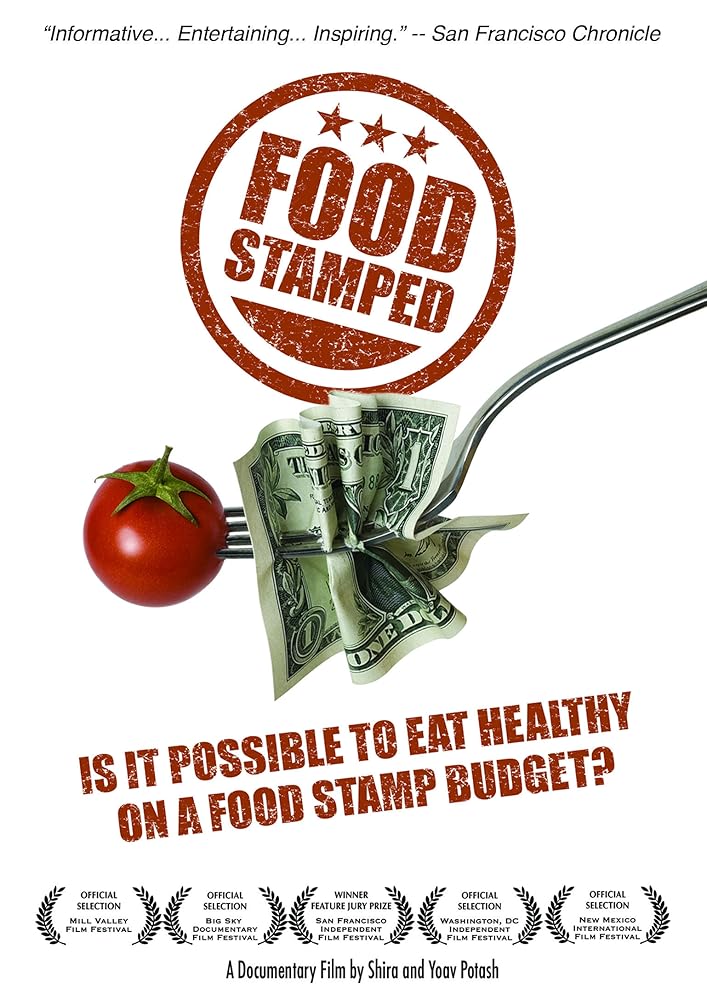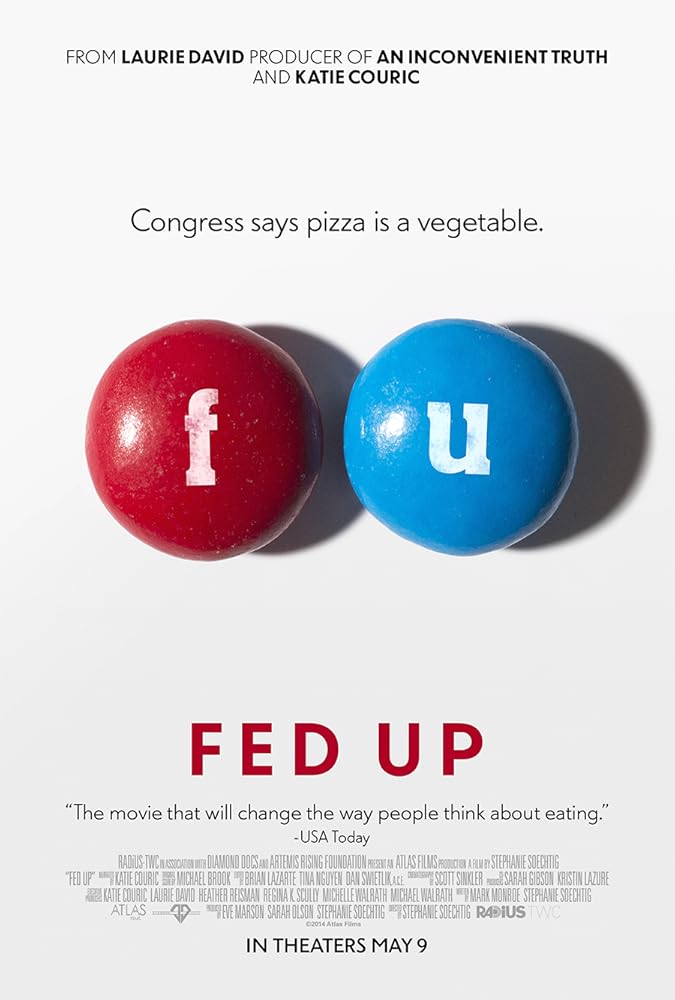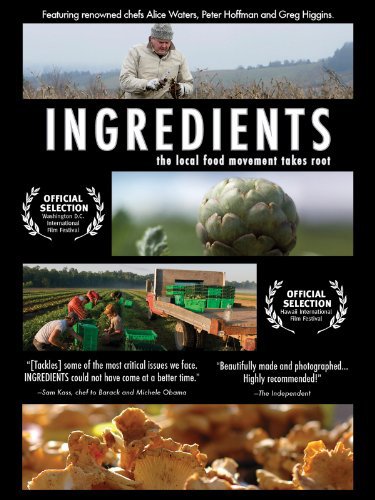I’d like to tell you a little about my book…

More than that, I’d like to tell you about some great people who supported my project along the way — they believed in me and made contributions to my book — and it goes like this….
Everyone needs good food, and people connect with others over food. This makes community and it is one of the foundations of civilization — seminal to our individual humanity.
For my first book, Make Your Own Darn Good Cookies, I asked a number of my friends — each one a unique individual — to contribute recipes and chapter openings. Each person responded with gems — each one a true gift — and through these writings and these folks the sense of community was brought out in my book. I’ve been getting Thank You copies delivered to these wonderful folks, and yesterday I found that this copy reached the hands of my friend Eryn in Montana. contributions
Among other entries in Make Your Own Darn Good Cookies, Eryn shared how she flavours her coffee using essential oils — something I knew Absolutely Nothing About before she sent me her writing, which came as a complete surprise! Eryn’s contributions can be found in the fourth chapter of my book — which includes coffee, a throw-back to the 1960s with Russian Tea*, applesauce, and Blueberry Buckle. I’m glad to have gotten a copy of my book to Eryn to say Thank You for her contributions, and she seems to be happy with it too 😀
(*Russian Tea being one of her submissions as well!)
The guest writings in my book are a true gift that enhanced my book and brought out the community element — it would not be the same without these great folks! Not just Eryn but a long list of folks you can read about in the opening of my book — available now in paperback and as an e-book on Amazon.com. contributions
All the Best & Happy Holidays to you and yours
~ Don


